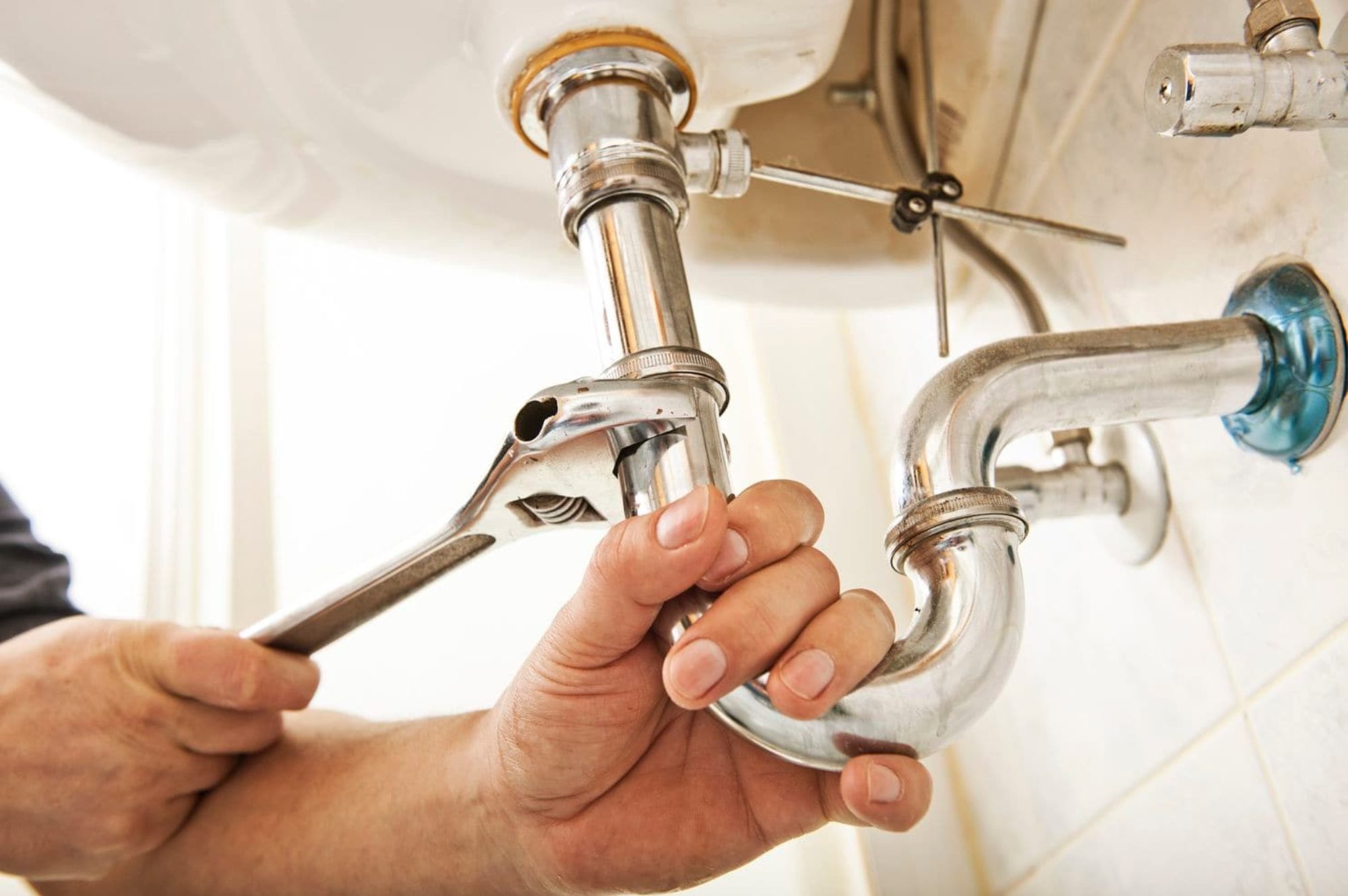Recently, my family moved back into our home after a five-month renovation – holy moly, I have some mad respect for people who’ve been through this renovation process as it tests one’s sanity. We moved in back when they had “just a handful of things” to finish up and they sent the contractors over to “put on the finishing touches.”
At one point, there were six different types of contractors at my home:
- Carpenter
- Locksmith
- Electrician
- Plumber
- Cabinetry
- Painters
As each of these groups focused on their unique tasks, I kept marveling at their expertise and division of labor. The locksmith took apart doorknobs with ease and replaced corroded internal parts (our house is 130 years old!), while the electrician fixed a light that wouldn’t turn off. The carpenter put custom doors on a built-in cabinet just as the painter arrived to paint those doors.
It makes 100% sense that each contractor would focus on their craft, right?
Yet, at work and in life, I find that people think that they can do it all, resulting in procrastination or less-than-ideal execution, instead of calling the plumber and asking for help.
Example 1:
Years ago, I spoke with a close friend who has 2 hairy dogs and an insane job that requires tons of travel. She often fought with her husband about who would clean their house and all the dog hair, which accumulated daily until the point where it was overwhelming. This friend also tended to eat out frequently. I suggested to her to hire a housekeeper – aka “call the plumber” – maybe once every 2 weeks – to help her do the heavy lifting. When she replied that “a housekeeper costs so much money,” I asked if she could skip eating out 1-2 times a week, in exchange for her sanity and family harmony. She now has a close relationship with her housekeeper and the ability to come home to a clean home with no house-cleaning-related arguments with her husband.
Example 2:
I recently joined a volunteer organization, something I had put aside as I had two young children over the last 8 years. I joined the quarterly publication committee as a writer because it seemed like a cool opportunity. I whizzed through the tasks that I was good at: scheduling/conducting an interview, taking notes, putting the bulleted outline together.
And then I found a mess of notes on a Word document, begging to be tied together into a well-written story. I put off the task of drafting a cohesive article for several days, pushing close to the deadline. Then, I had a “call the plumber” moment and reached out to an English teacher friend, who I quickly hired to help me put together a great article. She was able to give me direction and advice very quickly – around an hour of review – yet I had stared at the article for days, having no expertise in writing.
Calling the Plumber for Strategic Planning and Goal Setting
How can we take the above lessons and apply them to organizational strategy? All of my clients are good at many things, most of their expertise revolving around the core mission of their organization: educating students, certifying teachers, training students for careers in technology, etc.
Leaders and team members in these organizations excel in their respective focus areas. But missions need to be translated into priorities and tangible goals with measurable outcomes, and that’s the tricky part. Add on the additional layer of, “we-are-so-busy-that-we-don’t-have-time-to-stop-and-set-goals.” And that’s where organizations can call the plumber (or organizations like ours!) to get an unbiased, expert perspective on how to set the right goals and invest owners into implementing plans. Additionally, bringing on extra capacity gives your team the ability to focus on what they do best while letting the ‘plumbers’ do their jobs.
Can you think of examples in life where you’ve called the plumber?
